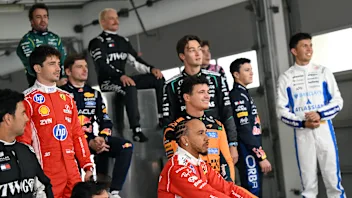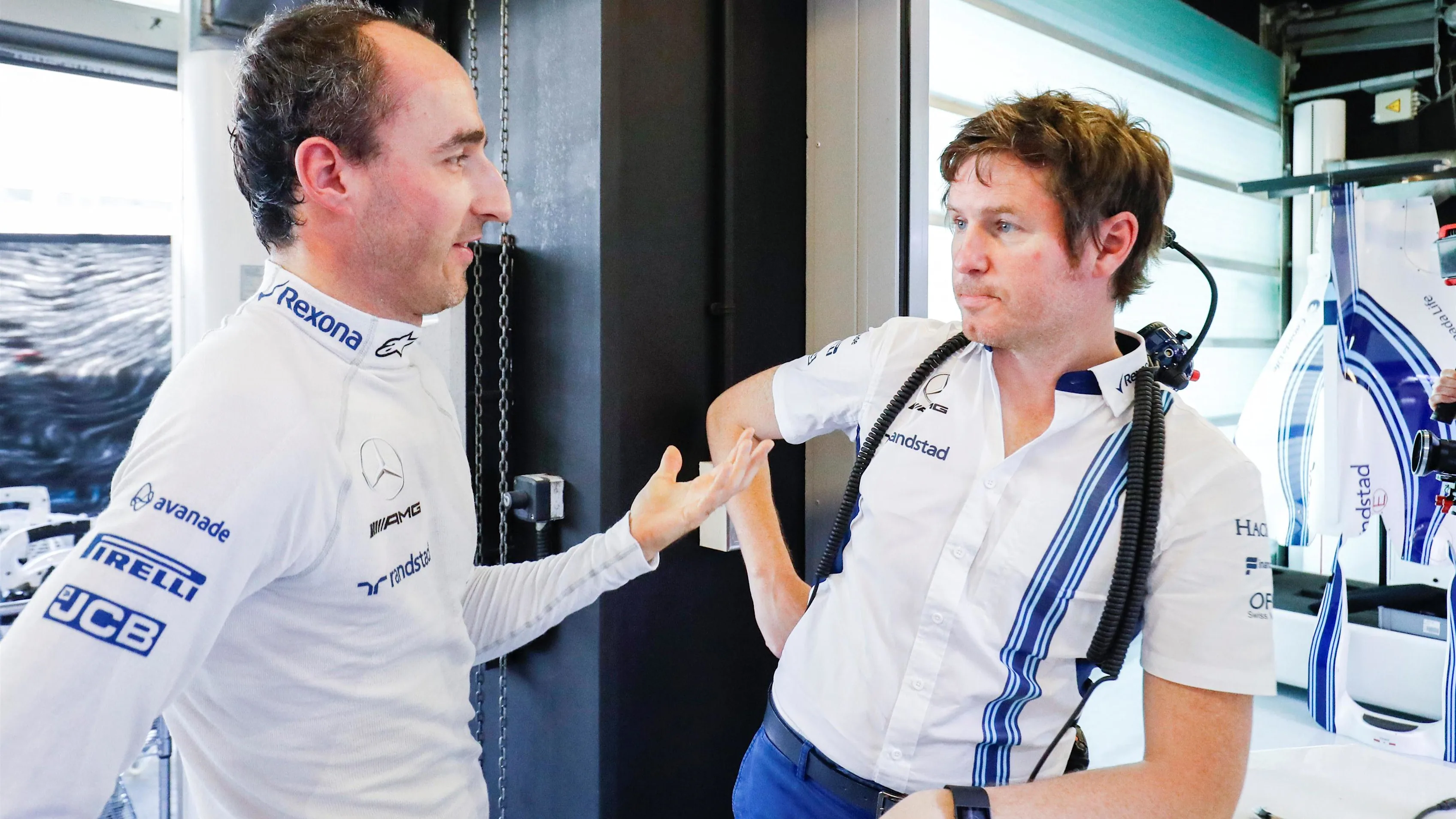Turning up to Barcelona with a car that’s slow is not a good feeling. But it’s also not the end of the world.
In truth, you never really know where you are in Barcelona. You get a broad idea, of course, and everybody obsesses about who’s quick and who’s not, and people spend an inordinate amount of man hours trying to understand the pecking order. Personally, I always think that it’s interesting to spend a little bit of time, a little bit of your engineering resource into trying to understand that. But really, you’re going to get a good idea in two weeks’ time in Australia anyway.
Testing explained: Rob Smedley on what happens when it all goes wrong
So why would you bother to spend that resource in trying to understand if you’re quick or not? It really goes back to correlation – which I talk more about here. Are you correlating around Barcelona to the gains you expected to make from the data you gathered in your simulations, and if you are, then does that put you more or less where you expected to pop out? And if there’s a huge anomaly, it’s trying to understand it.
So it’s really just question of seeing how much work you’ve got in front of you and whether or not you need to divert some of the attention from your test programme into understanding why your car’s not quick. Or you might say, well, I think I’m more or less in the right ballpark, I’ll know for sure in two weeks’ time in Melbourne, so I’ll just carry on going through my due diligence on the new car – and ignore the stopwatch.
Next Up
Related Articles
 Our writers share their predictions for the 2026 season
Our writers share their predictions for the 2026 season F2 champion Pourchaire joins Mercedes as Development Driver
F2 champion Pourchaire joins Mercedes as Development Driver TAG Heuer sign Bruce for the 2026 F1 ACADEMY season
TAG Heuer sign Bruce for the 2026 F1 ACADEMY season F1 welcomes Damson Idris as Global Brand Ambassador
F1 welcomes Damson Idris as Global Brand Ambassador.webp) UnlockedWho is in the mix for best of the rest in 2026?
UnlockedWho is in the mix for best of the rest in 2026? Mario Isola to leave Head of Motorsport role at Pirelli
Mario Isola to leave Head of Motorsport role at Pirelli
